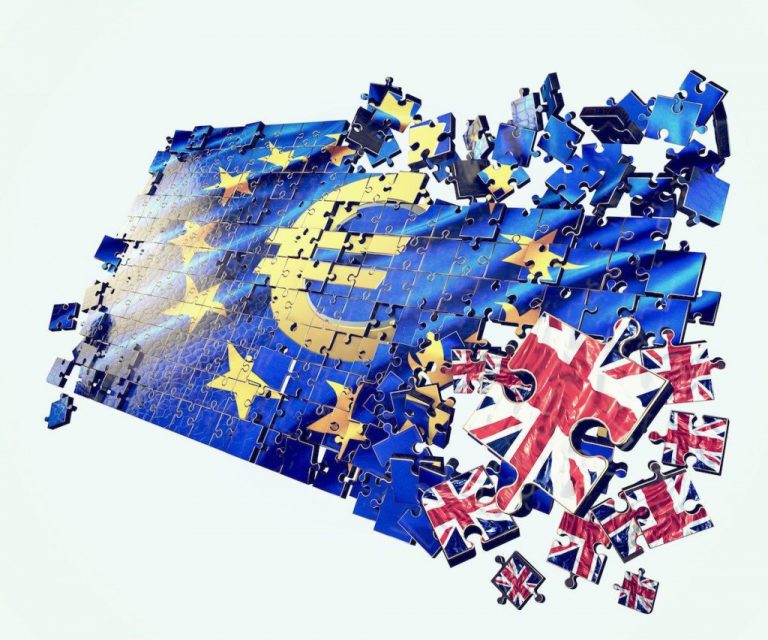A week in financial figures – 9 August 2022
The main news item over Friday and the weekend was the July non-farm payrolls report from the US. The increase was 528k, much faster than consensus for 250k and compared to 398k in June.
This was the strongest payroll gain in five months and the release noted widespread job growth led by gains in leisure, hospitality, healthcare and professional/business services.
The unemployment rate ticked down to 3.5% versus expectations it would hold at 3.6% and average hourly earnings were also higher than expected – rising by +0.5% month-on-month versus +0.3% as expected.
The report was widely seen as increasing the likelihood of another 0.75% interest rate hike by the Federal Reserve in September and bond yields were higher on the back of the report. The US 10Y Treasury yield is at 2.8%, UK 10Y Gilts yield 2.0% and 10Y German Bunds 0.9%.
The S&P 500 was down -0.2% on Friday, largely lead by consumer discretionary (autos, homebuilders and hotels), followed by communication services, although energy was in positive territory, as were the major banks. On the latter, the increased likelihood of interest rates rising is seen as a positive for net interest income and the strong labour market positive for credit quality.
Asian markets were mixed on Monday with the Nikkei up +0.3% and the Hang Seng down -0.8%.
In Europe yesterday markets were slightly stronger with the STOXX 600 up +1.2% and the FTSE 350 up +0.75%. The US markets have also opened in positive territory and the NASDAQ is leading up +1.1% – although both the S&P and Dow Jones are up +0.75%.
Wheat prices dropped as the first grain ship, since Russia’s invasion, left Ukraine after Turkey brokered a deal in order to unblock tonnes of wheat stuck in the Port of Odessa. Cargo Ship Razoni left the Port on Thursday, in the hope that it will help bring down prices.
The Bank of England announced on Thursday that they would increase its interest rate by 0.5% in order to try and tackle rampant inflation. Eight out of nine policymakers backed the hike, which raises the base rate from 1.25% to 1.75%, and is the largest increase since 1995. They also increased their inflation forecast, stating that pressures have “intensified significantly”, and that the UK would move into recession later in the year.







